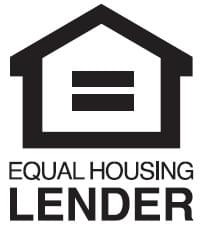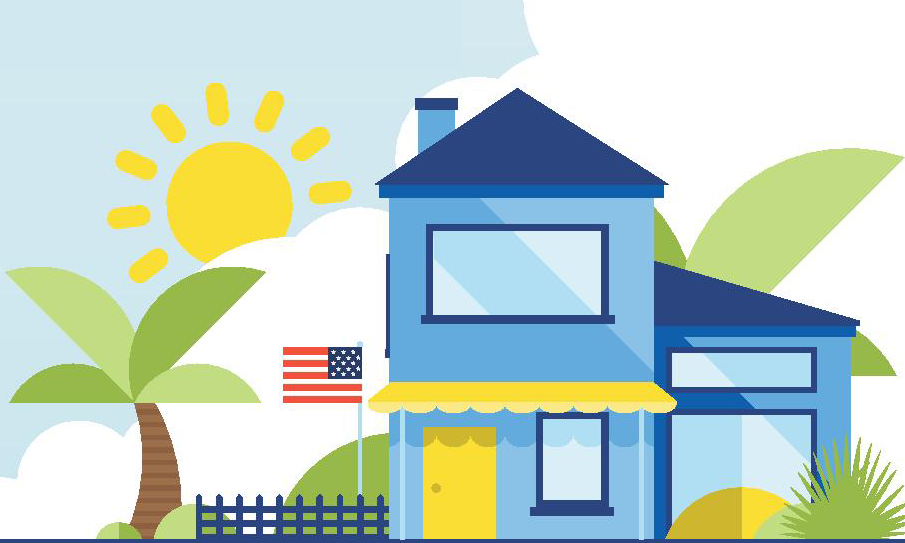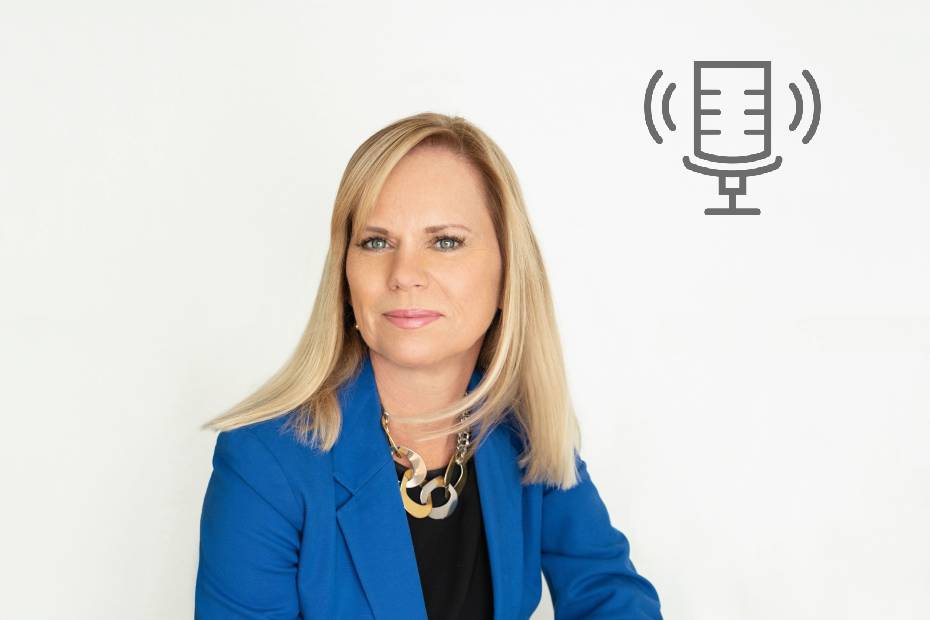Published September 23, 2019 • 3 Min Read
If you’ve owned a home in the U.S. for a few years, your property may have increased in value. In fact, depending on how long you’ve been there, and where your property is located, it may have increased significantly! If that’s the case, you have the opportunity to leverage the equity you’ve built up and take cash out of your home — cash that you can use to fund your cross-border lifestyle, or finance other goals you have for yourself and your family.
3 Ways to Use Funds from a HELOC or Refinance
Tapping into the equity you’ve built in your U.S. home can give you new financial flexibility. With either a lump sum of cash (through a refinance) or easy access to U.S. funds whenever you need them (through a HELOC), you have an opportunity to cover off important financial obligations at a relatively low cost.
Here are three ways Canadians with U.S. property tend to use the equity from their homes:
1. Move Money Back to Canada
With the U.S. dollar strong compared to the Canadian Loonie, the money you pull out of your U.S. home may go a long way back home. Whether you have a child preparing for College or University, renovations to take care of in your Canadian home, or lingering debt you’d like to erase once and for all, U.S. funds can help you cover off your Canadian obligations.
2. Manage U.S. Expenses
As a Canadian, funding your cross-border lifestyle has likely come from exchanging money from Canada. The problem with that is that you have been hit with foreign exchange costs every time you’ve brought money down.
By accessing U.S. cash via your U.S. property, you can bypass foreign exchange fees in order to cover day-to-day expenses such as homeowner fees, groceries, fuel expenses, home maintenance and more. Plus, you don’t have to worry about timing your exchange for when rates are better.
3. Preserve your Canadian Credit
Renovate your U.S. home, buy a boat, pay for schooling, or fulfill other goals for your life south of the border with the U.S. cash you can pull out of your home. By leaving your Canadian credit alone, you can avoid the cost of foreign exchange, simplify repayments, and preserve it for any Canadian expenses that require attention. This is what you’ve worked for — it’s time to enjoy it.
RBC Bank is RBC Bank (Georgia), National Association (“RBC Bank”), a wholly owned U.S. banking subsidiary of Royal Bank of Canada, and is a member of the U.S. Federal Deposit Insurance Corporation (“FDIC”). U.S. deposit accounts are insured by the FDIC up to the maximum amount permissible by law. U.S. banking products and services are offered and provided by RBC Bank. Canadian banking products and services are offered and provided by Royal Bank of Canada. U.S. deposit accounts are not insured by the Canada Deposit Insurance Corporation (“CDIC”). RBC Bank, Equal Housing Lender.
This article is intended as general information only and is not to be relied upon as constituting legal, financial or other professional advice. A professional advisor should be consulted regarding your specific situation. Information presented is believed to be factual and up-to-date but we do not guarantee its accuracy and it should not be regarded as a complete analysis of the subjects discussed. All expressions of opinion reflect the judgment of the authors as of the date of publication and are subject to change. No endorsement of any third parties or their advice, opinions, information, products or services is expressly given or implied by Royal Bank of Canada or any of its affiliates.
Share This Article







